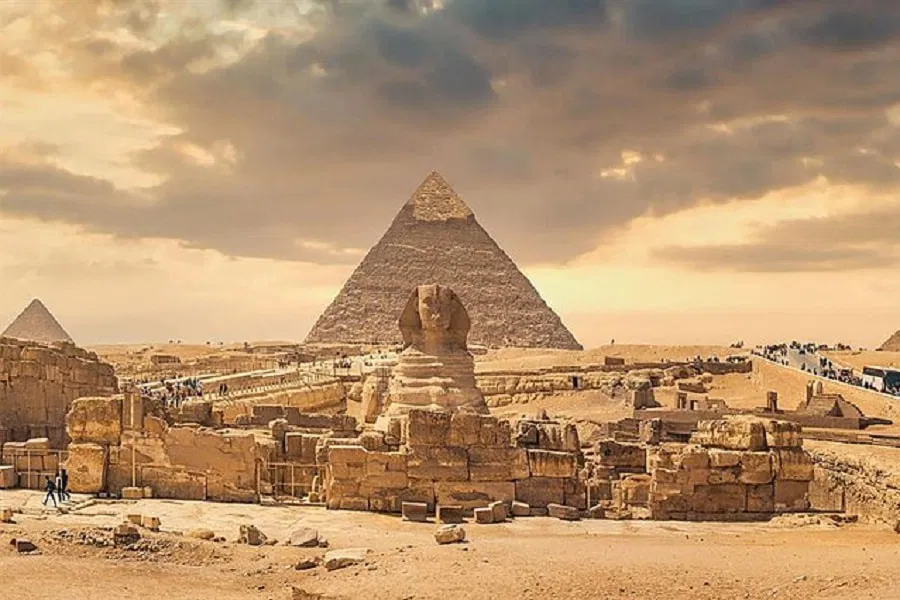Understanding Civilization: The Rise, Fall, and Impact on Modern Society

Civilization refers to the complex societies that have developed over centuries, marked by advanced levels of culture, science, industry, and government. Throughout history, civilizations have shaped human life, creating large communities that operate under systems of laws, technology, and culture. These systems enable people to live together more harmoniously, achieve progress, and create innovations that influence the future.
One of the most important aspects of a civilization is the way people live together. Early civilizations often started near rivers, which provided water for farming, drinking, and transportation. Agriculture allowed communities to grow their food, leading to population growth and the development of cities. As cities grew, governments formed to manage resources and enforce laws. These governments played a vital role in the success of civilizations, helping to create stability and security. Without effective leadership and rules, civilizations might collapse or be overthrown by outside forces.
Civilizations are also recognized by their achievements in areas such as writing, science, and technology. Writing systems, for example, allowed people to record information, laws, and stories, passing them down through generations. This created a shared history and culture that helped civilizations to maintain their identity. Advances in technology, such as the invention of the wheel, irrigation systems, and the construction of buildings, enabled civilizations to thrive and expand their influence.
Key Characteristics of Civilizations
One of the defining features of any civilization is the development of social structures. These structures often include different classes or groups of people with varying roles, such as rulers, workers, merchants, and scholars. This social organization helps a civilization function efficiently, with each group contributing to its overall success. Another essential feature is the establishment of organized religion. Religion often plays a significant role in uniting people, providing moral guidelines, and shaping the culture of the society. Temples, rituals, and religious texts are often central to a civilization’s identity.
Civilizations also develop art, architecture, and literature, which leave a lasting legacy for future generations. The pyramids of Egypt, the art of ancient Greece, and the literature of classical China are examples of how civilizations express their values and beliefs through creativity. These cultural achievements often serve as a source of pride for the people living in those civilizations and continue to inspire people long after those civilizations have faded.
One more important aspect is the economic system that develops within a civilization. Trade, agriculture, and manufacturing are crucial in ensuring that a civilization has enough resources to sustain its population. Cities often become centers of trade, where goods, ideas, and technologies are exchanged. This not only strengthens the economy but also promotes cultural exchange and interaction between different civilizations, allowing them to learn from each other.
Rise and Fall of Civilizations
The rise and fall of civilizations is a common theme in history. Many factors can contribute to the growth of a civilization, including its geographic location, natural resources, and leadership. Civilizations in fertile areas with access to water, for example, were more likely to succeed because they could produce enough food to support a growing population. Strong leaders who could unite their people and protect them from outside threats also played a crucial role in the growth of civilizations.
However, civilizations can also fall for various reasons. Internal conflicts, such as power struggles, corruption, or economic decline, can weaken a civilization from within. External threats, such as invasions by other civilizations or natural disasters, can also cause a civilization to collapse. The fall of the Roman Empire, for example, was caused by a combination of internal decay and external invasions by barbarian tribes. Despite the fall of individual civilizations, the knowledge and achievements they produced often live on, influencing future societies.
Impact of Civilization on the Modern World
The achievements of ancient civilizations have had a profound impact on the modern world. The systems of government, law, and culture that exist today are often built on the foundations laid by early civilizations. For example, democratic systems of government can trace their roots back to ancient Greece, while modern legal systems have been influenced by Roman law. The scientific discoveries and technological innovations of ancient civilizations, such as the invention of writing, mathematics, and engineering, continue to shape modern society.
Furthermore, civilizations have also contributed to the development of global trade, diplomacy, and cultural exchange. As civilizations interacted with one another, they exchanged goods, ideas, and technologies, leading to greater prosperity and progress. This exchange of knowledge has allowed modern societies to build on the achievements of the past and continue to advance in various fields.
Conclusion
In conclusion, civilization has played a critical role in the development of human society. It represents the highest level of cultural and social organization, enabling people to live together in large communities, create governments, and make advancements in technology and culture. While civilizations may rise and fall, their influence endures, shaping the way we live today. The legacies of past civilizations continue to inspire and guide modern society, reminding us of the importance of innovation, cooperation, and progress.
- Art
- Causes
- Crafts
- Dance
- Drinks
- Film
- Fitness
- Food
- Games
- Gardening
- Health
- Home
- Literature
- Music
- Networking
- Other
- Party
- Religion
- Shopping
- Sports
- Theater
- Wellness


